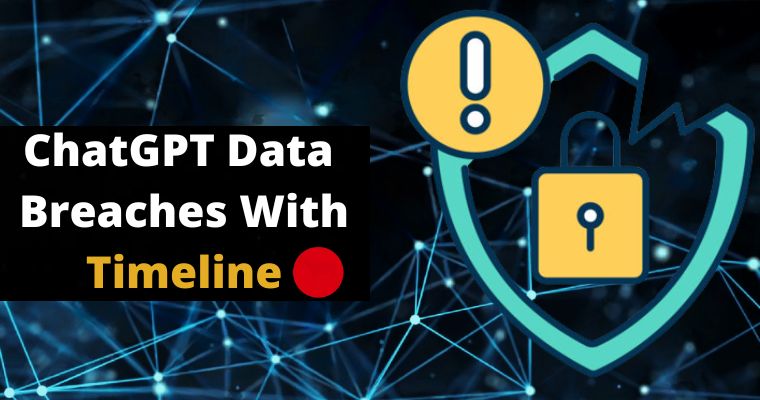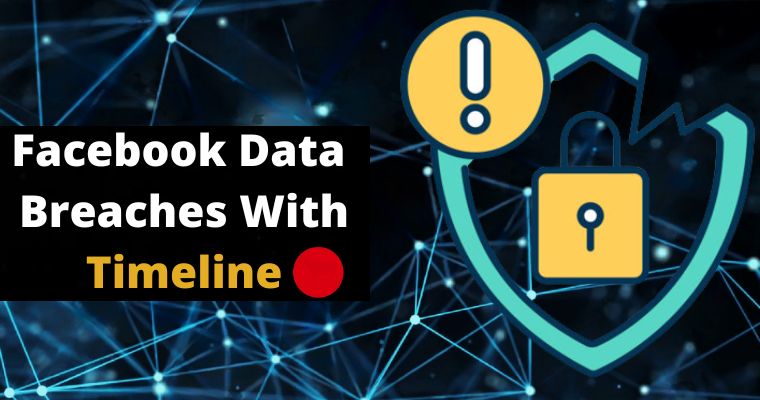The Year 2011 – Data Breaches
November: Norway’s National Security Agency (NSM) reports that at least 10 major Norwegian defense and energy companies were hacked. The attacks were specifically “tailored” for each company, using an email phishing scheme.
NSM said that the attacks came when the companies, mainly in the oil and gas sectors, have been involved in large-scale contract negotiations.
The hacking occurred over the course of 2011, with hackers gaining access to confidential documents, industrial data, usernames, and passwords.
September: A computer virus from an unknown source introduced “keylogger” malware onto ground control stations for US Air Force UAVs and, according to press reports, infected both classified and unclassified networks at Creech Air Force Base in Nevada.
The US did not lose control of any drone nor does it appear that any data was exfiltrated, but the malware was persistent and took several attempts to remove.
July: South Korea said hackers from China had penetrated an internet portal and accessed phone numbers, e-mail addresses, names and other data for 35 million Koreans.
The German Bundespolizei (Federal Police) and the Bundeszollverwaltung (Federal Customs Service) discovered that servers were used to locate serious criminals and terrorism suspects by gathering information from GPS systems in cars and mobile phones were penetrated (using a phishing attack) as early as 2010.
Following the cyberattack, the relevant servers had to be temporarily shut down to prevent further data losses.
June: Citibank reported that credit card data for 360,000 of its customers were exfiltrated using a relatively simple manipulation of URLs.
The IMF’s networks were reportedly compromised by a foreign government using fraudulent emails with malware attachments, and a “large quantity of data, including documents and e-mails,” are exfiltrated.
May: Cybercriminals masquerading as members of the hacktivist group “Anonymous” penetrated the PlayStation network. Sony estimated that personal information for more than 80 million users was compromised and that the cost of the breach was over $170 million.
April: Employees at Oak Ridge National Laboratory received bogus emails with malware attachments. Two machines were infected and “a few megabytes” of data were extracted before the Lab was able to cut its internet connection. Oak Ridge was the target of an intrusion in 2007.
Google reported a phishing effort to compromise hundreds of Gmail passwords for the accounts of prominent people, including senior U.S. officials. Google attributes the effort to China.
Hackers used phishing techniques in an attempt to obtain data that would compromise RSA’s SecureID authentication technology. The data acquired was then used in an attempt to penetrate Lockheed Martin’s networks.



